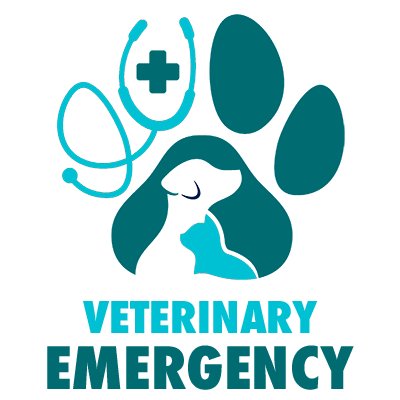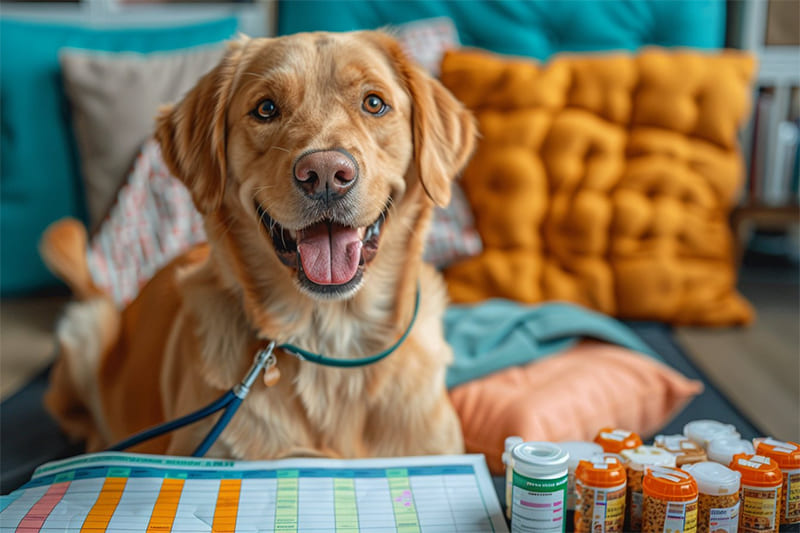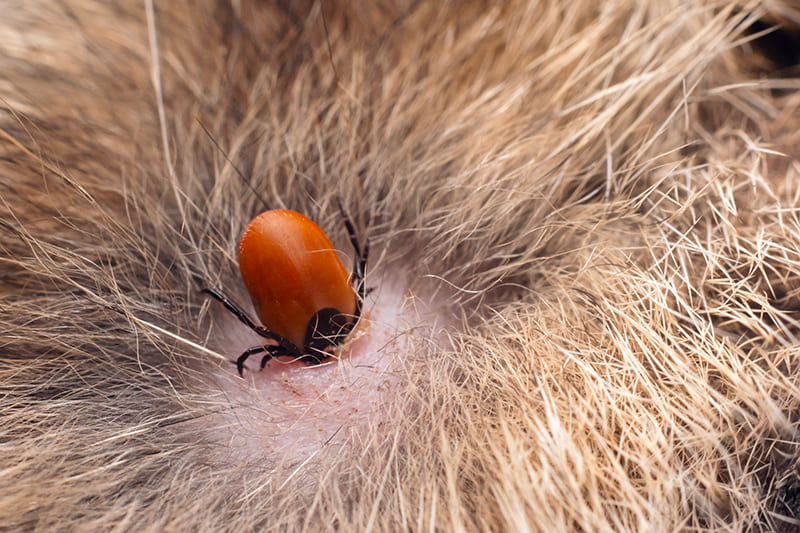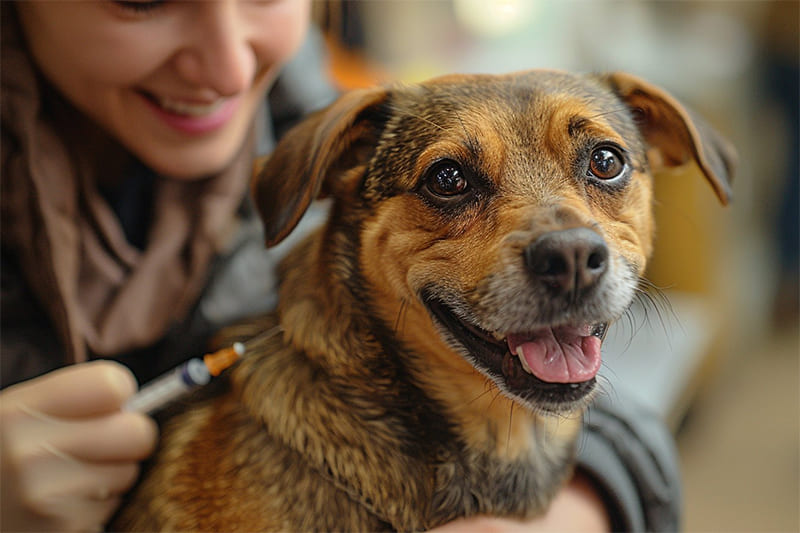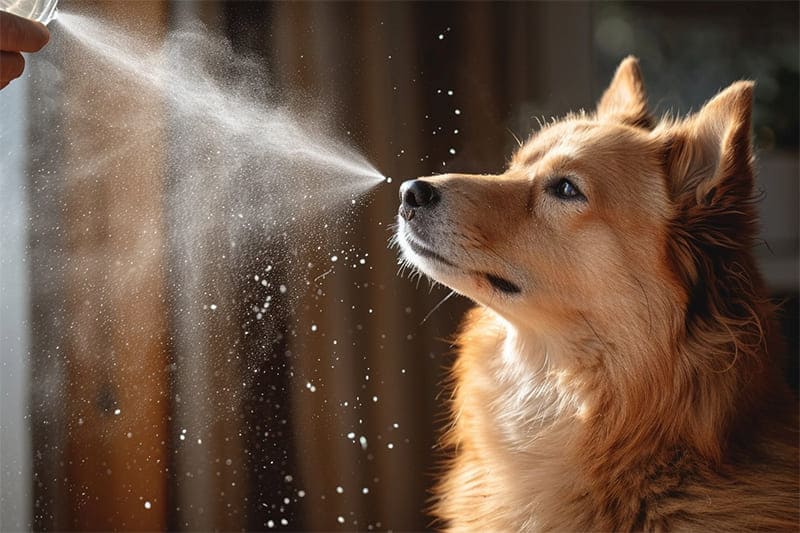Ensuring physical and mental health
Exercise as a cornerstone
Physical activity plays a significant role in maintaining a pet's health. Regular exercise not only optimizes physical fitness but also reduces anxiety and encourages better moods for pets and their humans alike. Daily walks energize dogs, whilst indoor games and climbing structures fulfill a cat's innate need for play and movement. Ensuring pets receive adequate exercise minimizes behavioral issues attributed to pent-up energy.
Notably, the physical health benefits extend beyond the animal to positively affect human companions. Engaging in regular walks or play sessions supports an owner's own fitness goals, contributing to improved cardiovascular health. Increasing evidence suggests shared activities reduce stress, further solidifying the positive impacts on both partners' well-being.
Nurturing mental and emotional wellness
Mental stimulation is equally important as physical exercise. Providing challenging yet attainable activities sharpens cognitive abilities and mitigates boredom. Puzzle feeders, training exercises, and social interaction stimulate curiosity, helping retain sharp minds. Creating an environment rich in opportunities for discovery amplifies a pet's happiness, further strengthening the bond with their human counterparts.
Moreover, pets provide exceptional emotional support, significantly improving overall mental health. Their calming presence often eases loneliness, offering solace during difficult times. Regularly spending time together through petting and cuddling reinforces bonds, demonstrating the profound emotional connections formed between humans and animals.
Nutrition and routine care
Importance of a balanced diet
Proper nutrition serves as a foundation for optimal health. Understanding specific dietary needs for different ages, sizes, and breeds guides owners in selecting appropriate pet food. Consulting with veterinarians provides further insight into formulating balanced diets that sustain energy levels and support growth stages. With proper feeding habits, pets maintain vitality and vigor throughout their lives.
Avoiding harmful foods and adhering to portion sizes aligns with maintaining ideal weight ranges, preventing obesity-related issues that compromise quality of life. Offering occasional treats enhances the bonding experience, though moderation remains crucial in nurturing robust but healthy indulgences.
Regular veterinary visits
Routine veterinarian check-ups play an instrumental role in safeguarding pet health. Scheduled immunizations protect against contagious diseases, and annual exams detect potential health concerns early. Staying informed about necessary medical interventions demonstrates proactive care benefiting both owner and pet by avoiding more severe complications later.
Besides physical examinations, discussing behavioral patterns and potential changes, like unexpected aggression or lethargy, allows comprehensive assessments of overall wellness. Open communication with veterinary professionals facilitates informed decisions regarding future precautionary measures aligned with promoting enduring vitality.


